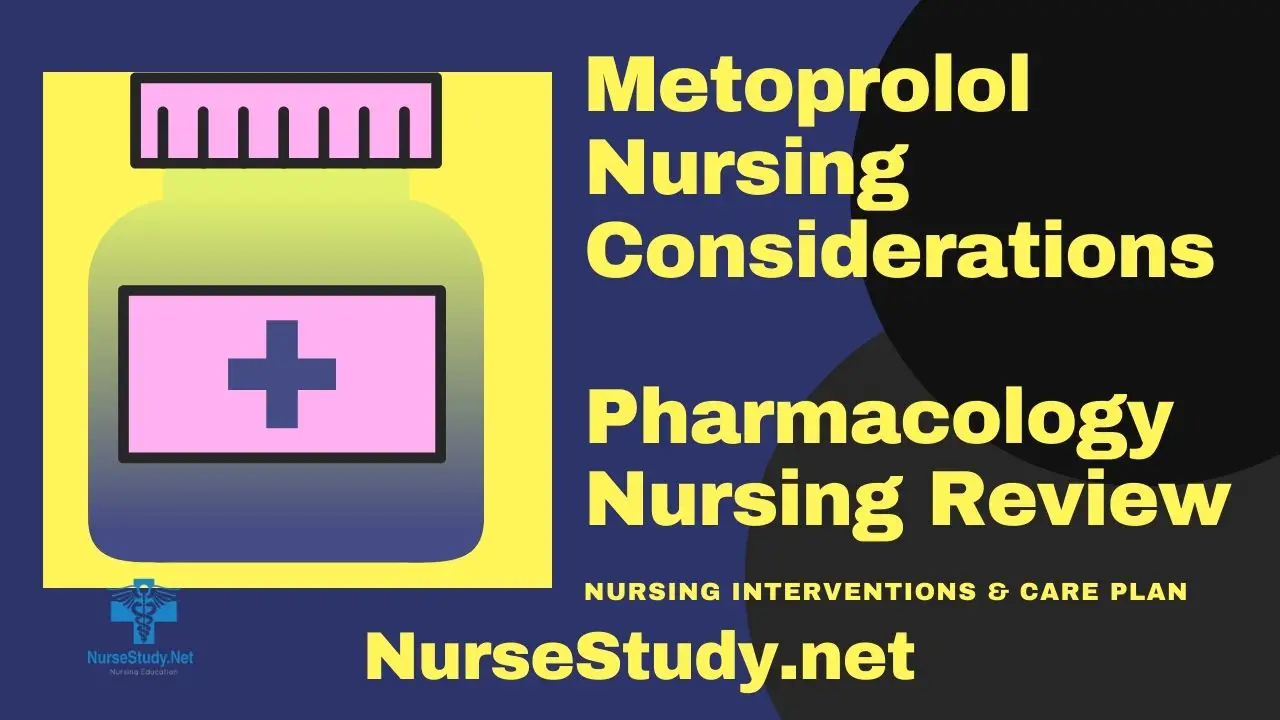Metoprolol is a selective beta-1 adrenergic blocking agent commonly prescribed for hypertension, angina, heart failure, and post-myocardial infarction management. It belongs to the beta-blocker class of medications and is available in immediate and extended-release formulations.
Generic names: Metoprolol tartrate, Metoprolol succinate
Brand names: Lopressor, Toprol-XL, Metoprolol-TEVA, Betaloc, Selokeen
Pharmacologic class: Beta-1 selective adrenergic blocking agent
Therapeutic class: Antihypertensive, antianginal, antiarrhythmic
Mechanism of action: Metoprolol selectively blocks beta-1 adrenergic receptors in the heart, reducing heart rate, contractility, and blood pressure. It also decreases cardiac oxygen demand, making it effective for angina management.
Indications for use: Hypertension, angina pectoris, heart failure, post-myocardial infarction, supraventricular tachycardia, migraine prophylaxis, and certain types of tremors.
Precautions and contraindications:
- Severe bradycardia
- Heart block greater than first-degree
- Cardiogenic shock
- Decompensated heart failure
- Severe peripheral arterial disease
- Bronchial asthma
- Hypersensitivity to metoprolol or other beta-blockers
Drug Interactions
- Calcium channel blockers (especially verapamil and diltiazem) can enhance bradycardia
- CYP2D6 inhibitors may increase metoprolol levels
- Alpha-blockers may enhance hypotensive effects
- NSAIDs may decrease antihypertensive effects
- Antidiabetic medications may mask signs of hypoglycemia
- MAO inhibitors can increase the risk of hypertension
Adverse Effects
- Bradycardia
- Hypotension
- Dizziness, fatigue
- Cold extremities
- Depression
- Sexual dysfunction
- Sleep disturbances
- Bronchospasm
- Gastrointestinal disturbances
- Masked symptoms of hypoglycemia in diabetic patients
Administration Considerations
Available preparations:
- Immediate-release tablets (25mg, 50mg, 100mg)
- Extended-release tablets (25mg, 50mg, 100mg, 200mg)
- Injectable solution (1mg/mL)
Dosages:
- Hypertension: 25-100mg BID (immediate-release) or 50-400mg daily (extended-release)
- Heart Failure: Initial 25mg daily, titrated up to target dose
- Post-MI: 25-50mg BID, titrated as tolerated
Nursing Considerations for Metoprolol
Related Nursing Diagnoses
- Decreased cardiac output
- Risk for activity intolerance
- Ineffective peripheral tissue perfusion
- Anxiety related to the disease process
- Knowledge deficit regarding the medication regimen
Nursing Assessment
- Assess vital signs, especially heart rate and blood pressure, before administration and regularly during therapy.
- Obtain complete cardiac assessment, including peripheral edema, lung sounds, and activity tolerance.
- Review current medications for potential interactions.
- Assess for signs of heart failure exacerbation.
- Evaluate the patient’s understanding of the medication’s purpose and regimen.
Nursing Interventions
- Monitor vital signs, especially pulse and blood pressure, before each dose.
- Never abruptly discontinue metoprolol – gradual tapering is required.
- Administer with meals if GI upset occurs.
- Monitor for signs of heart failure exacerbation.
- Have resuscitation equipment available when giving IV metoprolol.
Patient Teaching Associated with Metoprolol
- Take medication exactly as prescribed – do not skip doses or stop taking without healthcare provider approval.
- Monitor pulse daily and report if it is consistently below 60 beats per minute.
- Rise slowly from sitting or lying positions to prevent orthostatic hypotension.
- Maintain regular exercise as tolerated, but avoid overexertion.
- Report symptoms of heart failure: increased shortness of breath, weight gain, and swelling.
- For diabetic patients, be aware that medication may mask signs of hypoglycemia.
- Avoid alcohol and over-the-counter medications without consulting a healthcare provider.
- Wear medical identification indicating beta-blocker use.
This is not an all-inclusive list of possible drug interactions, adverse effects, precautions, nursing considerations, or patient instructions. Please consult further with a pharmacist for complete information.
References and Sources
- Page, R. L., O’Bryant, C. L., Cheng, D., et al. (2023). ACCF/AHA/HRS Focused Update of the 2019 Expert Consensus Statement on Beta-Blocker Therapy. Journal of the American College of Cardiology, 81(12), e21-e43.
- Frishman, W. H., & Saunders, E. (2023). β-Adrenergic Blockers in Clinical Practice: Focus on Metoprolol. New England Journal of Medicine, 378(24), 2313-2325.
- Anderson, J. L., Halperin, J. L., & Albert, N. M. (2023). Management of Patients on Beta-Blockers in the Perioperative Period: Clinical Practice Guidelines. Circulation, 147(15), e123-e159.
- Smith, D. K., & Martinez, K. A. (2023). Beta-Blockers in Heart Failure Management: A Systematic Review and Meta-Analysis. American Journal of Cardiology, 131, 23-35.
